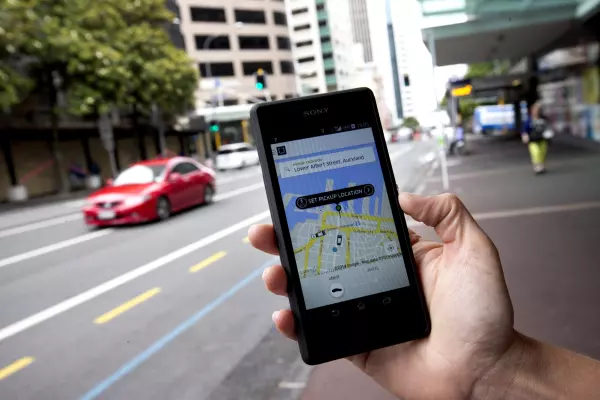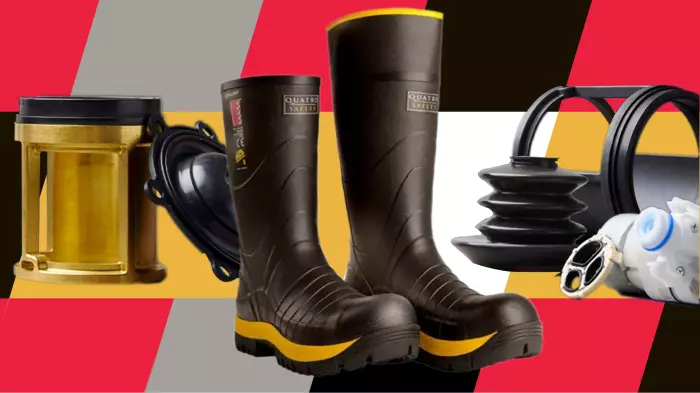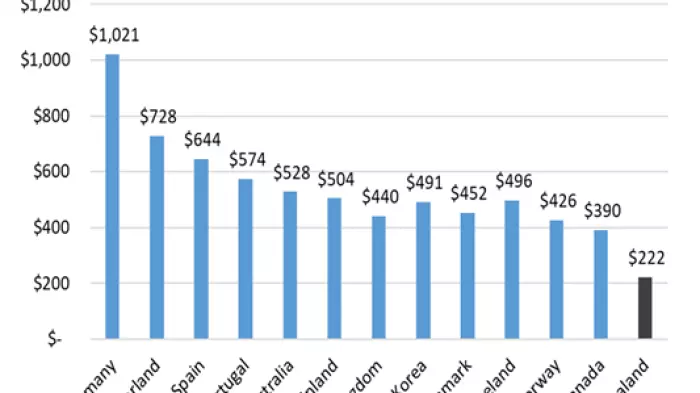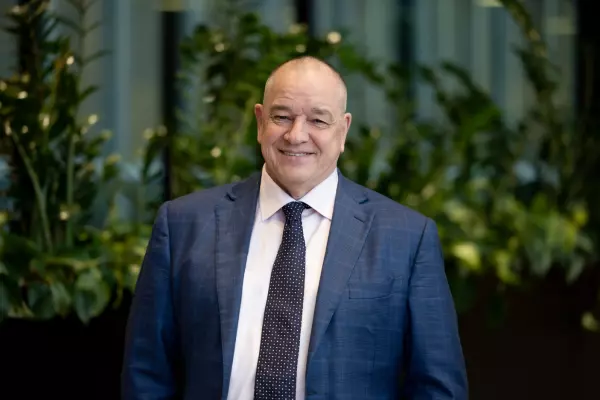BusinessDesk investments editor Frances Cook responds to emails from readers each week, answering questions about money. Below, you will find her expert advice. Send your questions to [email protected].
Hi Frances,
I'm a 55-year-old unskilled worker. I have a small part-time job (12 hours per week) that pays $35 per hour, and I contribute 10% of my salary to KiwiSaver. My KiwiSaver balance is $80k.
I also have a part-time side hustle that earns around $600 in the hand per week. (That's my lowest earning - sometimes it can be more.)
From this income, I put a further $200 per month into my KiwiSaver account. I own one-third share of my house with my husband (2nd marriage, with five adult kids between us). The house is worth around $1.2 million and has a small mortgage of $15k. We have no other debt.
He has late-stage cancer but still works full-time for an average salary. In the next five years, I am likely to be a widow.
Besides feeling sad and anxious all the time, I am worried about my financial future.
He will be leaving half his financial assets to his children (which all up only total around $180K), but I can remain in the house for the rest of my life (sell it, rent it, or whatever I choose) then his kids get their two-third share of the home at the time of my death (whatever that value may look like in the future).
His will stipulates that my share of his financial assets (life insurance) will go towards paying off any mortgage or debt, and the balance will come to me (probably $70K-$80K).
My question is, will your "Money Made Simple" course help me learn how to invest and make the most of my small nest egg as I head closer to retirement age? I know I am a late starter, but surely doing something positive is better than doing nothing?
I also wonder if I should be working with a financial adviser on a regular basis or at least have a few consultations.
We are torn between whether to pay off the remaining $15k mortgage or rack up more debt on our floating account so that we can enjoy life with the remaining time we have together.
Thank you for your podcasts, books, and wisdom,
N.
Hi N,
First of all, I’m sorry to hear about your husband’s illness. I’m not surprised you have so many feelings about the situation. Sadness, anxiety, and worry are all perfectly reasonable reactions to what’s happening.
The good news is that I think you’re quite well set up. So maybe we can take the financial worries off the table to let you focus on the rest of your life.
Yes, if you want to take my course in the future, it’s designed to give you the confidence to handle money in a way that lets you build the life you want. But let’s see what we can do for you now, too.
Your income
From your part-time job, you get about $420 a week, plus at least $600 a week from a side hustle, sometimes more.
So, about $1,020 a week, not considering any tax or KiwiSaver, etc.
That’s pretty good. And considering how close you are to being mortgage-free, that’s actually really good.
If it’s just you and no mortgage repayments to worry about, I think you could probably have quite a nice life on that income.
Financial adviser
You ask if you should see a financial adviser, and I think that’s probably a good idea. I’ve written a guide on how to pick one here.
Not only can they give you the reassurance that you’re on the right track, but they can also help you set up a financial plan that you can DIY after that if you like. There’s no need to keep paying for ongoing advice if you don’t want it.
If you want to take my course, yes, we talk about investing there and how it all works.
But I mostly want to reassure you, based on something you say – that you’re a late starter but that you hope something is better than nothing.
Spot. On.
Everyone I talk to about investing wishes they started earlier. Everyone.
It doesn’t matter if they were in their 20s, or their 40s, or their 60s. They all feel as though they wasted time.
Well, you’re younger today than you will be tomorrow.
My general guideline is that investing money is the money you don’t plan to use for the next 5-10 years.
You have about 10 years until you hit retirement age. So a clear candidate for investing.
But you could also have a wonderful 30 years or so of retirement. In this case, having some money continuing to be invested and working hard for you would be a great thing.
There are lots of simple, low-time commitment ways to invest. Learning a bit about it and then diving in sounds like a great idea.
It’s great to hear that you’ve been listening to my podcast and books. Learning more about money will help you have a conversation with a financial adviser where you’re able to really focus on what you want to get from it and understand their answers.
Knowledge is power.
The mortgage
On this part I have to be really clear – it’s my opinion. It’s not really based on numbers, but it is based on the many, many conversations I’ve had with people about money and what added the most to their lives.
Personally, in your situation, I wouldn’t have paying off that last sliver of mortgage as a high priority.
You’ve got it down to $15,000. That’s teeny tiny; well done to both of you.
When your husband unfortunately dies, his insurance is ready to pay off the last of it. So you’re not going to be left in a difficult situation.
I don’t think it’s necessarily a choice between paying off the mortgage early or racking up more debt, though.
If there’s a way to enjoy the time you have left together and keep the mortgage how it is, I think that’s the ideal balance.
Having fun with a building sense of financial worry in the back of your mind isn’t all that fun. It just creates an underlying feeling of stress that everyone tries to tiptoe around.
Your current financial situation is really good. If you’re able to maintain that, you’ll be doing great.
Can money buy happiness?
I read a study recently that has stuck with me. It was about whether money can buy happiness.
The answer was yes; certain types of spending can make you happier. But the why of how it worked, well, I don’t think you necessarily needed to spend anything when you look at the psychology involved.
One of the biggest spending areas that created happiness was travel.
Why? It breaks your routine and gets you into the unfamiliar. That makes you appreciate what’s around you so much more.
Do you have to spend on travel to have this experience? No, not at all.
There are plenty of ways you could have new experiences together, create memories and enjoy the next five years or so that you have.
You can spend on travel if you decide you would like to, but you could also do it for cheap, maybe even free when you remember that the point is new experiences and breaking the routine.
The next thing the researchers found was that you were better to have smaller trips, more often, rather than one big blowout trip.
Why? Because half of the happiness comes from anticipation.
So, if you regularly have a little three-day weekend getaway, that gives you something to regularly look forward to. A bright spot in the calendar.
So break the routine, try something new, and do it regularly so there’s always something on the calendar to look forward to.
I love this research because it really makes sense to me, and you don’t even have to spend money to get these results.
So, for my two cents, that’s what I would focus on if I were in your shoes.
Send questions to [email protected] if you want to be featured in the column. Emails should be about 200 words, and we won't publish your name. Unfortunately, Frances is not able to respond to every email received or offer individual financial advice.
Information in this column is general in nature and should not be taken as individual financial advice. Frances Cook and BusinessDesk are not responsible for any loss a reader may suffer.














